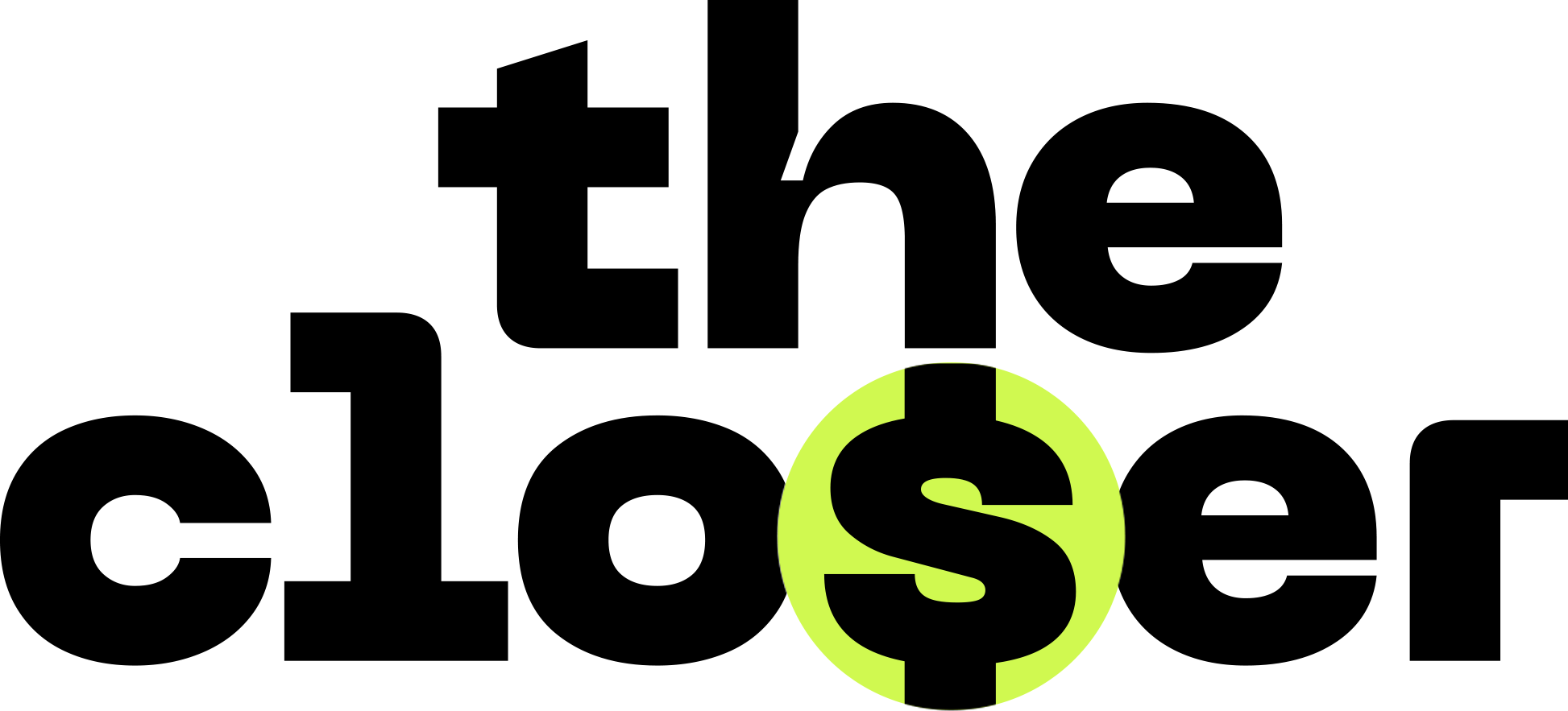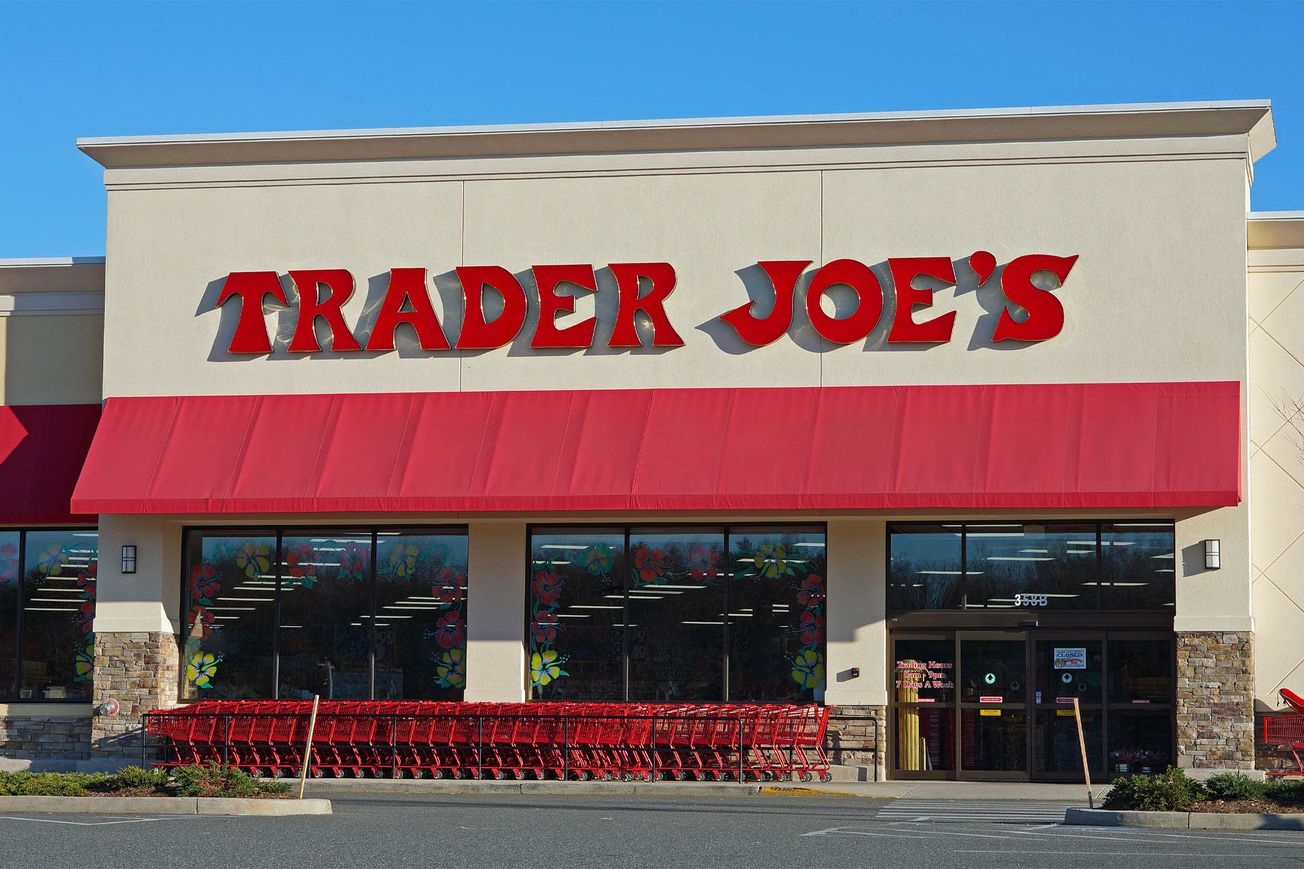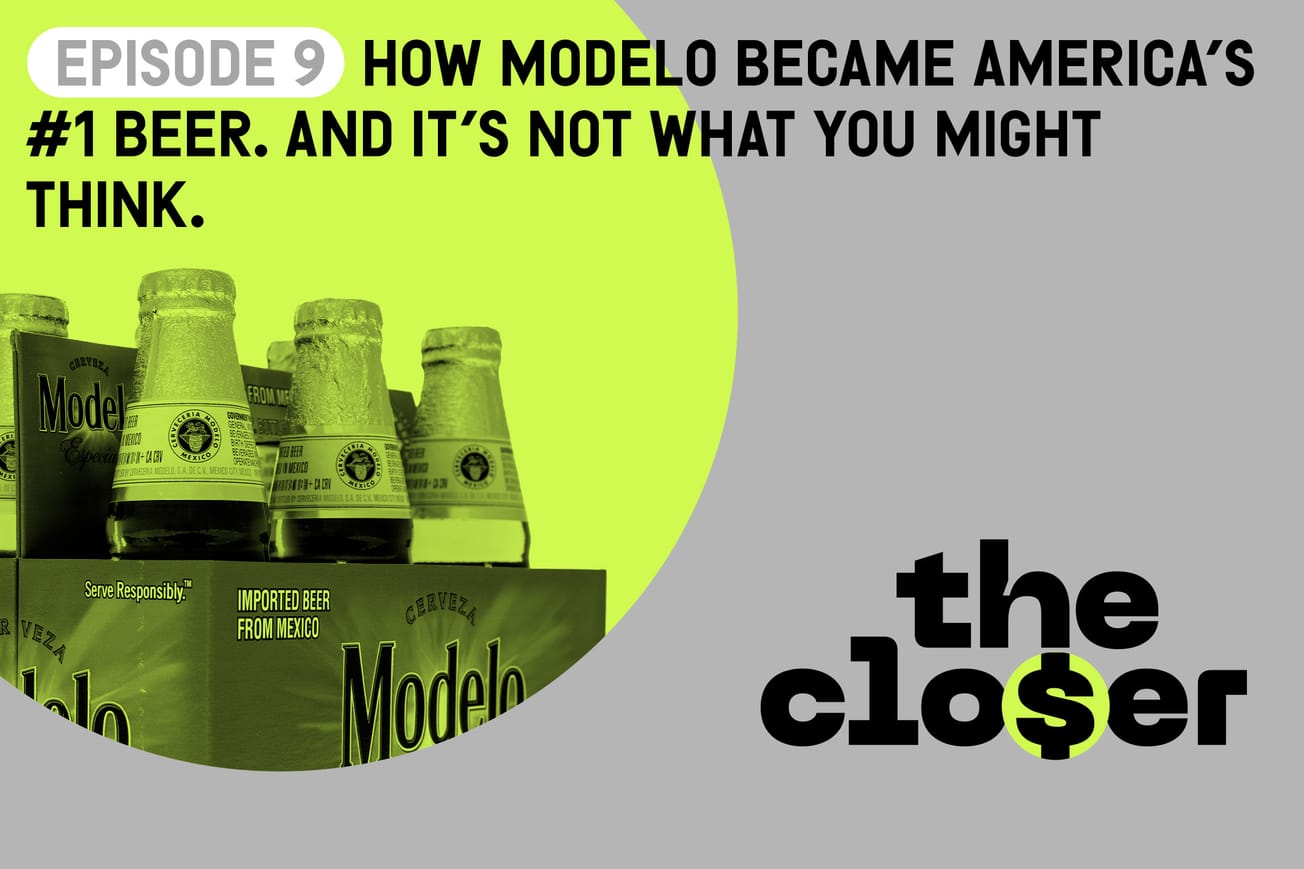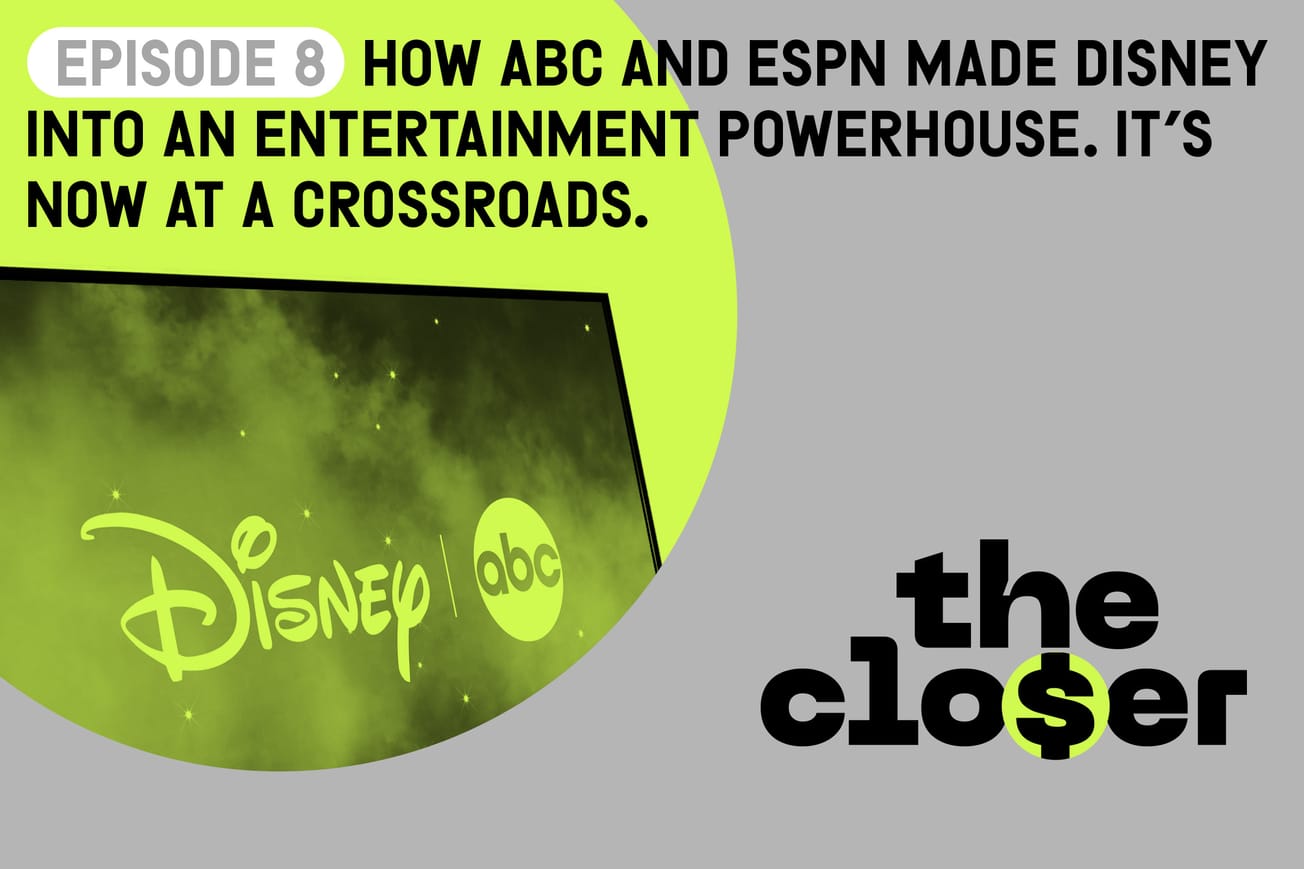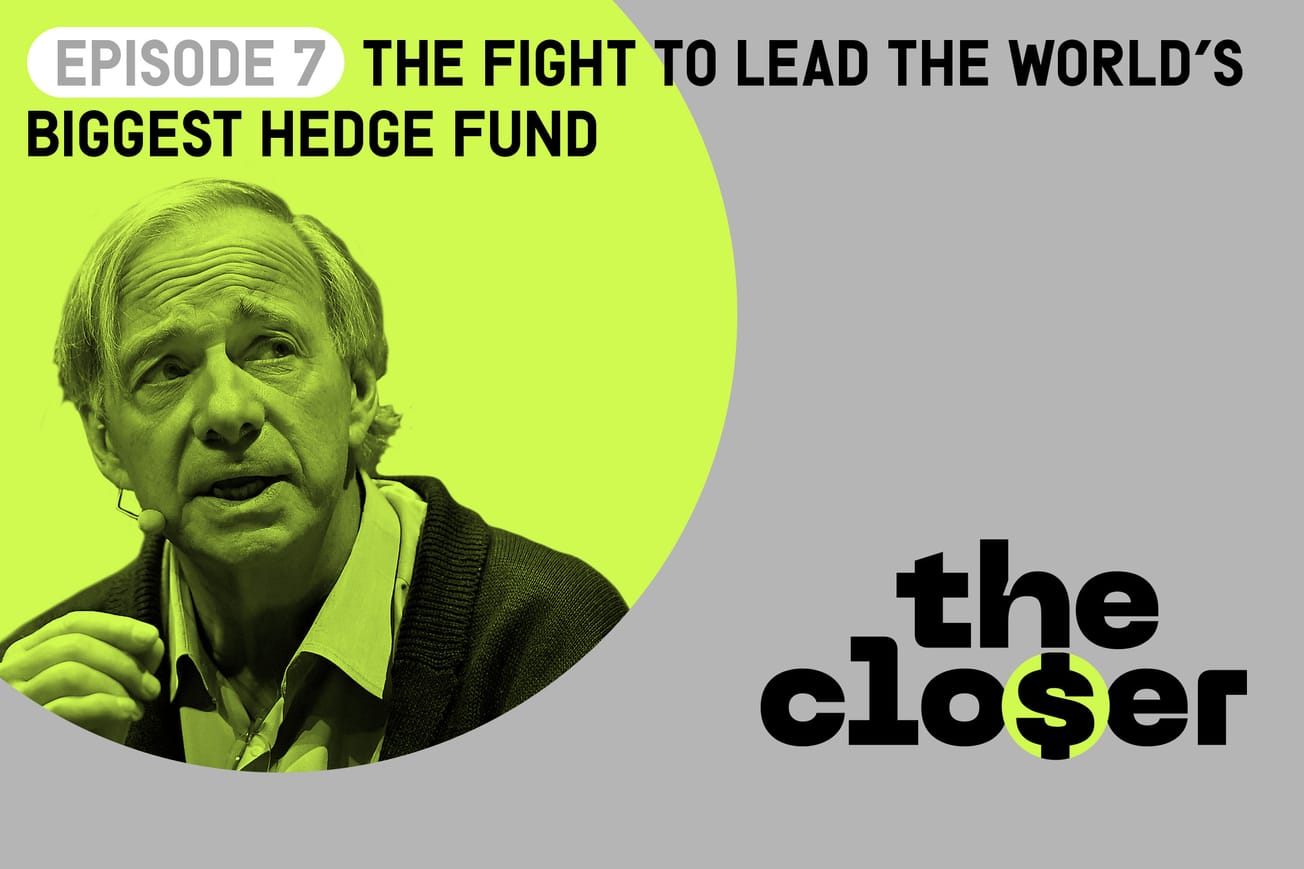A wealthy, nearly-retired Latin American with a history of tax issues has chosen to move to Miami.
That's right, Lionel Messi is joining Inter Miami.
As you've probably heard, fresh off of the LIV-PGA merger that amounted to a crushing victory for Saudi Arabia, Lionel Messi did the somewhat unthinkable and rebuked the Kingdom's reported half a billion dollars offer to join its domestic soccer league and is heading to David Beckham's Inter Miami instead. (I promise this is not becoming a sports newsletter, there's just been lots of sports deal news this week.)
Messi's wife reportedly prefers to live in Miami, where the family already has a home, rather than Riyadh. A totally normal decision, but a Saudi source said that allowing that rationale to make its way to reporters amounted to "a major red line that has been crossed."
What The Closer readers probably want to know, though, is where in the world a Major League Soccer team – even one owned by David Beckham and billionaire Jorge Mas – got the cash to lure Messi. And the basic answer is: they didn't.
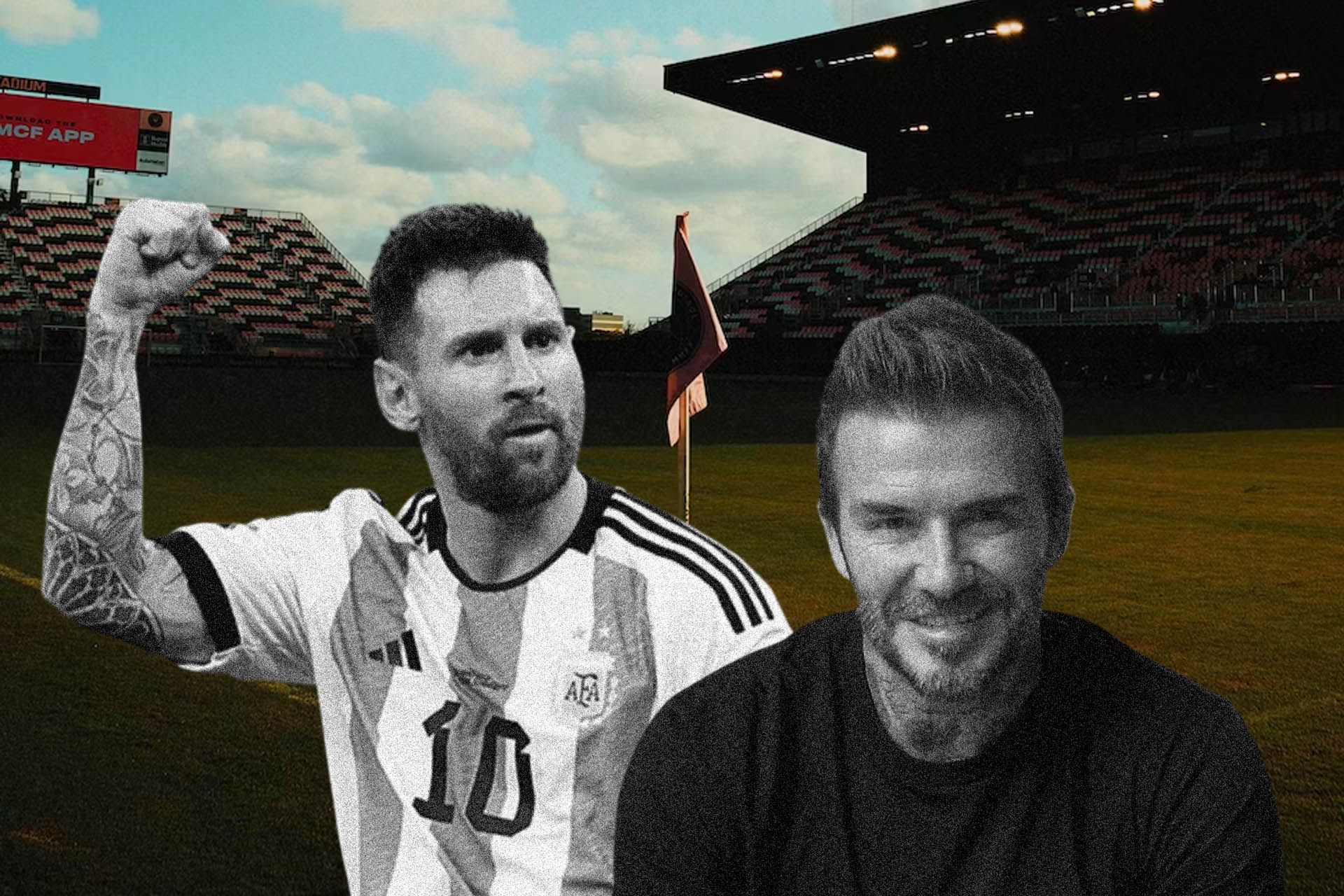
Inter Miami is paying Messi, sure, but they are not the main sources of income under his new deal. Instead, a couple of multinational companies stepped into the breach and are financing the first phase of Messi's sporting retirement.
Messi is getting a salary-cap free spot on Inter's roster that will comes with bonuses and a ownership stake in the team that will vest when he retires, worth a total of $125 million to $150 million (the genius here is that while equity compensation is an expense its not a cash expense and this equity comp expense more than pays for itself by increasing the value of the team), a share of the Adidas' profits from MLS (Messi has a lifetime deal with Adidas and Adidas outfits MLS teams) and a share of the subscription revenue that Apple generates from its new 10-year, $2.5 billion broadcast deal with the league (Apple also has a pre-existing relationship with Messi and are releasing a documentary about his World Cup win shortly.)
The big question that has hung over the sports world recently is what, exactly, anyone could do to compete with the flood of sovereign wealth pouring in. Now, we have an answer.
Not a competing sovereign wealth fund writing checks on behalf of Uncle Sam Inc., but an agglomeration of disparate sources of capital and cultural sway that is distinctly American in its multi-national makeup: a de novo soccer team named to mimic a European giant, owned by Cuban-American construction magnate and a world-famous former English winger with a terrible left foot teaming up with a German-based global sportswear giant and a California-based hedge fund that manufactures phones in China to lure a Argentinian icon who has spent most of his life in Spain to live and work in a domestic tax haven whose economy is most charitably based on real estate speculation.
Folks, we did it.
Get in touch! Tell us what you want to hear and read.

